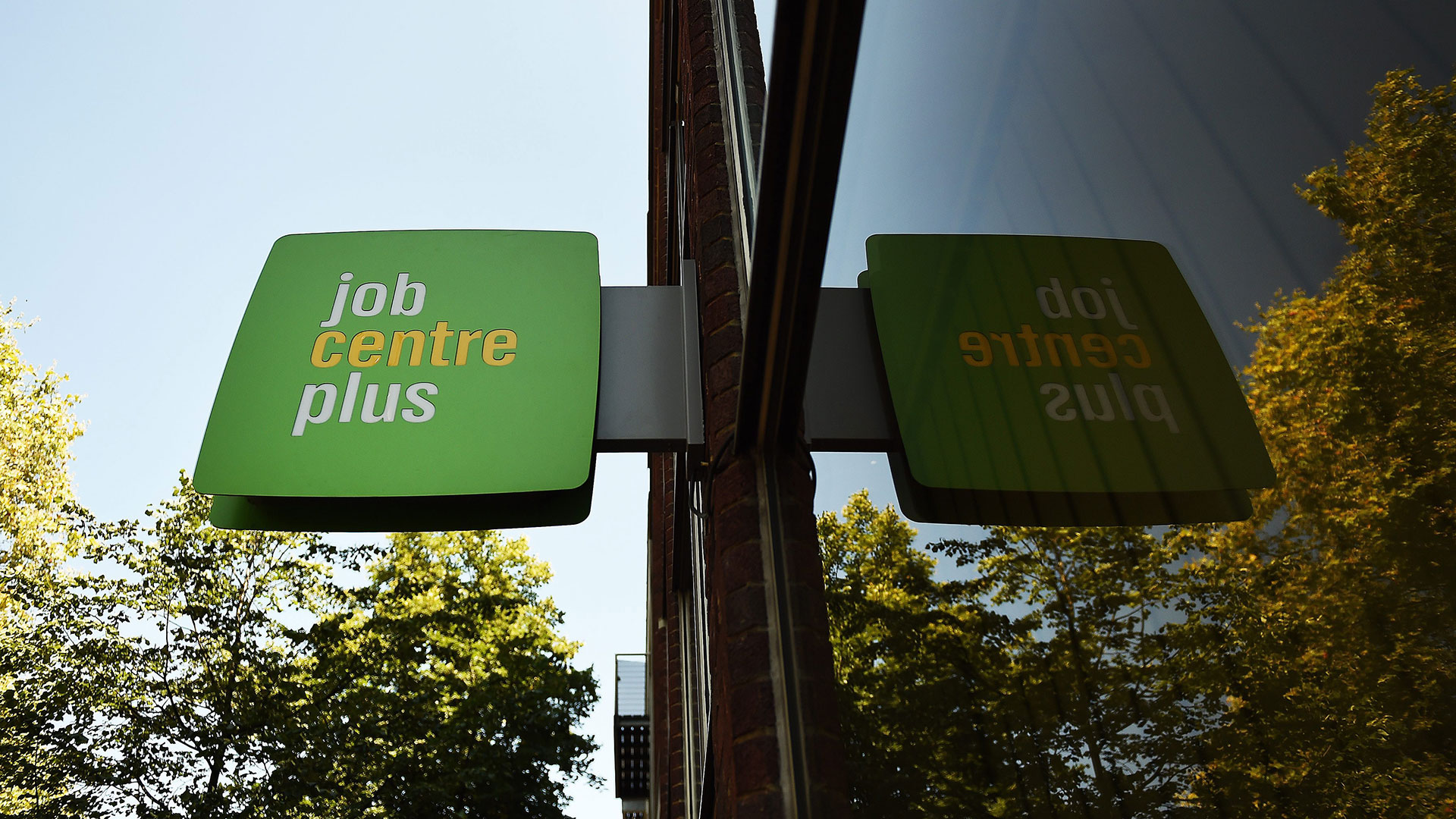But the housing federations, representing more than 1,000 housing associations and housing over 6.9 million people, have called for five more:
- Allow housing support staff and agencies, such as Citizens Advice, to negotiate Universal Credit claims for vulnerable individuals. This will ensure people receive the vital payments they’re entitled to and will help minimise rent arrears.
- Scrap the two-child policy and benefit cap limit pushing families into poverty.
- Ensure Universal Credit is paid to people and their landlords on time, at the same time. The DWP has set up a system of Alternative Payment Arrangements so that people’s housing costs can be paid direct to their landlord. At the moment, landlords receive this money in arrears on widely varied and unpredictable dates which causes confusion. The crucial and no-brainer ask is to ensure landlords are paid rent at the same time it is deducted from the tenants benefit.
- The Department for Work and Pensions agreed to put in place universal support to provide advice, assistance and support to tenants. They must adapt it to cope with greater numbers and more complex cases, and provide the funding to support more tenants. Vulnerable people are struggling to navigate the new Universal Credit system.
- The government needs to restore the in-work allowances and revise the rules so that the self-employed, those working in the gig economy with fluctuating pay packets or those who are not paid monthly do not lose out. Present policies mean people are losing money as a consequence of moving onto Universal Credit now.
David Orr, chief executive of the National Housing Federation said: “Today’s findings show that the government urgently needs to fix the fundamental flaws in Universal Credit.
“There are some very simple changes they need to make, like ensuring payments are made on time and allowing housing associations to easily negotiate on behalf of vulnerable tenants, so tenants get their money when they need it. If people aren’t receiving money on time, of course they’re being pushed in to debt. People depend on these vital payments.
Stuart Ropke, chief executive of Community Housing Cymru added: “The recent changes to Universal Credit are welcome, but as it stands, the system is still not fully fit for purpose. Implementing our five asks will improve the mechanisms of the policy while empowering tenants to take responsibility for their finances.”
Advertising helps fund Big Issue’s mission to end poverty
The Department of Work and Pensions has hit back, insisting that rent arrears do not paint the full picture.
“Rent arrears are complicated and they cannot be attributed to a single cause,” a DWP spokeswoman said. “Our research shows that many people join Universal Credit with pre-existing arrears, but the proportion of people with arrears falls by a third after four months in UC.
“The best way to help people pay their rent and to improve their lives is to support them into work and Universal Credit is helping people move into work faster and stay in work longer than the old system.
“The majority of claimants are comfortable managing their money but we are increasing support to help people who need it to stay on top of their payments.”
Image: EPA/Andy Rain





